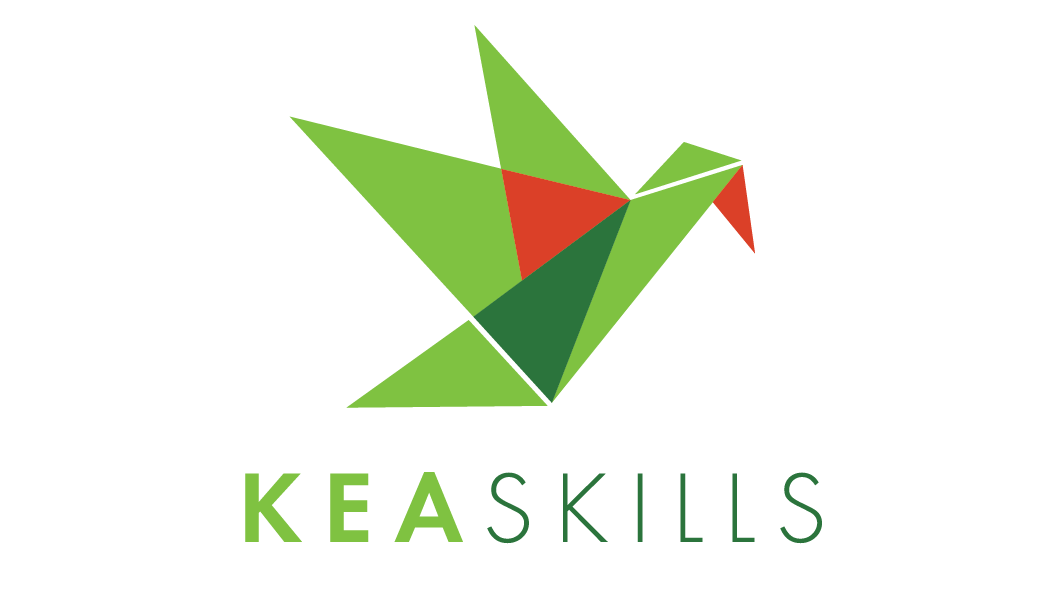Challenges company leaders and managers to handle dynamic situations, make decisions and get results.
KEA Skills provides a reliable and efficient platform for High-potential Employees from all parts of the organization to “show what they know” in areas impossible to evaluate with formal credentialing (e.g., certificates, MBAs, etc.) or subjective appraisal processes, such as 360 feedback or self-assessments.
Vital leadership skills, such as creative problem solving, effective communications and critical analysis, are best evaluated situationally under time pressures and resource constraints.
KEA Skills’ unique and powerful assessment tools simulate reality and provide reports and insights to guide staffing and advancement decisions.
Trish Gorman, Founder & CEO
trish gorman, Founder and CeO
Patricia (Trish) Gorman is a strategist and educator.
In her varied leadership roles at McKinsey & Company, Columbia Business School, Deloitte, Wharton School of Business and the Jack Welch Management Institute, her mission has consistently been to build strategy skills in individuals, teams and organizations. Connect on Linkedin.
Dr. Gorman teaches high-potential executives and selectively consults to growth focused organizations. Frustration over the difficulty to evaluate whether someone, well-credentialed or not, was a good strategist led her to develop pioneering strategy tests and diagnostic games.
Trish’s broad global client experiences, math modeling background, decades of teaching and consulting, and broad expert network led to the launch of KEA Skills, Inc.
The Kea Bird
There’s more to the kea bird than meets the eye. On the ground, Kea birds can be clumsy and their colors hard to appreciate. But given the chance they are impressive flyers, who have been called “the smartest birds in the world.”
Based on their unusual skills, curiosity and singular ability to adapt their behavior under changing conditions throughout their life, the Kea bird was chosen as the mascot for our firm.
KEA Skills helps to reveal unappreciated abilities and overcomes biases in how we are perceived -- and in how we judge others when we can't see them in action.


